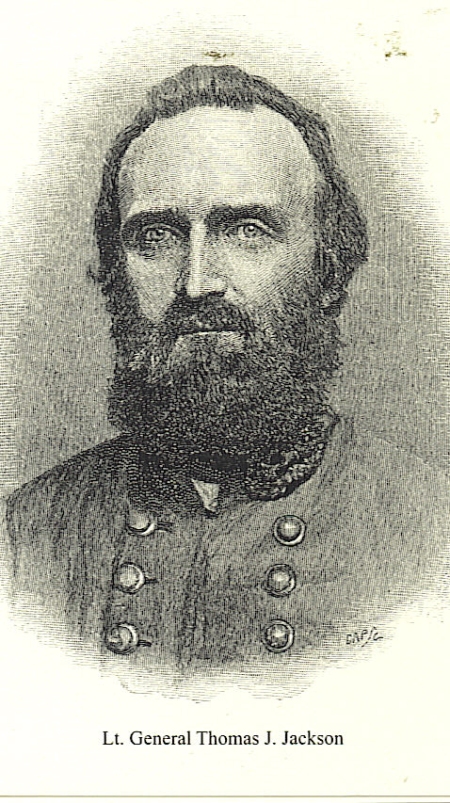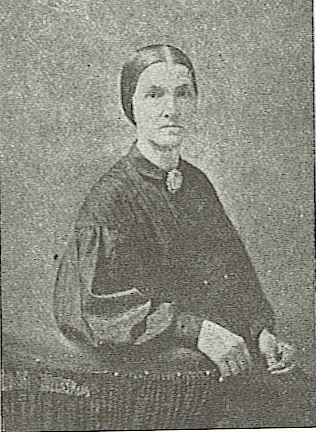 The Ballad of Chickamauga
The Ballad of Chickamauga
Maurice Thompson, Scout 63rd GA Inf.
By Chickamauga’s crooked stream, the martial trumpets blew. The North and South stood face to face, with War’s dread work to do. O Lion-strong, unselfish, brave, twin athletes battle-wise, Brothers yet enemies, the fire of conflict in their eyes,
All banner-led and bugle-stirred, the set them to the fight, Hearing the god of slaughter laugh from mountain height to height. The ruddy, fair-haired, giant North breathed loud and strove amain;The swarthy shoulders of the South did heave them to the strain;
An earthquake shuddered under foot, a cloud rolled overhead, And serpent-tongued of flame cut through and lapped and twinkled red, Where back and forth a bullet-stream went singing like a breeze,What time the snarling cannon-balls to splinters tore the trees.
“Make way, make way!” a voice boomed out, “I’m marching to the sea!” The answer was a rebel yell and Bragg’s artillery. Where Negley struck, the cohorts gray like storm-tossed clouds were rent; Where Buckner charged, a cyclone fell, the blue to tatters went;
The noble Brannan cheered his men, Pat Cleburne answered back, And Lytle stormed, and life was naught in Walthall’s bloody track. Old Taylor’s Ridge rocked to its base, and Pigeon Mountain shook; And Helm went down, and Lytle died, and broken was McCook. Van Cleve moved like a hurricane, a tempest blew with Hood,
Awful the sweep of Breckinridge across the flaming wood. Never before did battle-roar such chords of thunder make, Never again shall tides of men over such barriers break.
“Stand fast, stand fast!” cried Rosencrans; and Thomas said, “I will!” And crash on crash, his batteries dashed their broadsides down the hill. Brave Longstreet’s splendid rush tore through whatever barred his track, Till the Rock of Chickamauga hurled the roaring columns back, And gave the tide of victory a red tinge of defeat, Adding a noble dignity to that hard word, retreat.
Two days they fought, and evermore those days shall stand apart, Key-notes of epic chivalry with the nation’s heart.
Come, come, and set the carven rocks to mark the glorious spot; Here let the deeds of heroes live, their hatreds be forgot.
Build, build, but never monument shall last as long As one old soldier’s ballad borne on breath of battle-song.








 JONAS T. GISH
JONAS T. GISH


 THE SOUTHERN MOTHER’S CHARGE
THE SOUTHERN MOTHER’S CHARGE

 Painting by Don Troiani
Painting by Don Troiani
 The Ballad of Chickamauga
The Ballad of Chickamauga Thomas F. Birchfield was a member of the 18th Light Artillery Battery of Eli Lilly during the War between the States. He enlisted on July 18, 1862 and mustered out June 30, 1865. According to his family, he was given a cannon for his heroic actions. He and a fellow soldier carried their General to safety after he had been wounded. After the war, he lived in Crawfordsville and Terre Haute. The old soldiers of Montgomery County used the cannon to celebrate the 4th of July every year. When he was on his death-bed, his wife asked him what they should do with the cannon. He said, “Put it on my grave and point ‘er south.”
Thomas F. Birchfield was a member of the 18th Light Artillery Battery of Eli Lilly during the War between the States. He enlisted on July 18, 1862 and mustered out June 30, 1865. According to his family, he was given a cannon for his heroic actions. He and a fellow soldier carried their General to safety after he had been wounded. After the war, he lived in Crawfordsville and Terre Haute. The old soldiers of Montgomery County used the cannon to celebrate the 4th of July every year. When he was on his death-bed, his wife asked him what they should do with the cannon. He said, “Put it on my grave and point ‘er south.”